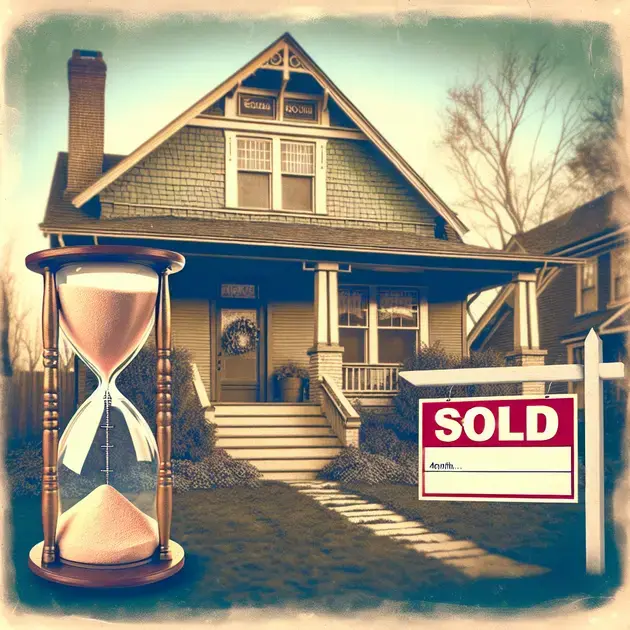A New Study: Homeownership in Early Adult Life and Its Impact on Longevity
A recent study has shed light on an intriguing correlation between homeownership in early adult life and increased life expectancy among male Americans born in the early twentieth century. According to the findings, owning a home during this period added an average of four months to their lives.
The study, which analyzed data from a diverse range of sources, aimed to explore the potential health benefits associated with homeownership. Previous research had already suggested that stable housing plays a crucial role in a person’s overall well-being. However, this study took a step further by specifically examining the impact of owning a home at an early stage of adulthood.
The research team utilized records from various government archives and public databases to gather information on male Americans born from 1900 to 1920. They analyzed data related to their housing status, lifespan, and socio-economic background. While the study focused on males, additional research may also shed light on similar patterns among females.
The results of the study were astonishing. Male participants who owned a home between the ages of 25 and 34 lived, on average, four months longer than their peers who did not. This longevity advantage was consistent even after considering other factors such as income, education, and marital status. The study also found the effect to be most pronounced among individuals with lower socioeconomic backgrounds.
Several hypotheses have been proposed to explain this relationship. One possibility is that homeownership provides a sense of stability, greater social connections, and improved access to healthcare services, ultimately leading to better overall health outcomes. Owning a home may also serve as a form of wealth accumulation, providing individuals with a financial safety net that can mitigate stress and provide peace of mind.
However, it is important to note that this study only highlights a correlation between homeownership and increased longevity. The exact mechanisms through which homeownership positively affects life expectancy remain uncertain. Further research is needed to elucidate the underlying factors driving this relationship and to determine whether similar trends persist in more recent generations.
Nonetheless, the findings of this study bring attention to the potential health benefits associated with homeownership, particularly during early adult life. Providing individuals with stable housing conditions may not only improve their quality of life but also potentially contribute to longer and healthier lives.
In conclusion, this study suggests that owning a home in early adulthood may have contributed to increased life expectancy among male Americans born in the early twentieth century. While the exact reasons for this correlation remain unclear, the research highlights the potential impact of homeownership on longevity. Further investigation is required to better understand this relationship and its relevance to more contemporary populations.
